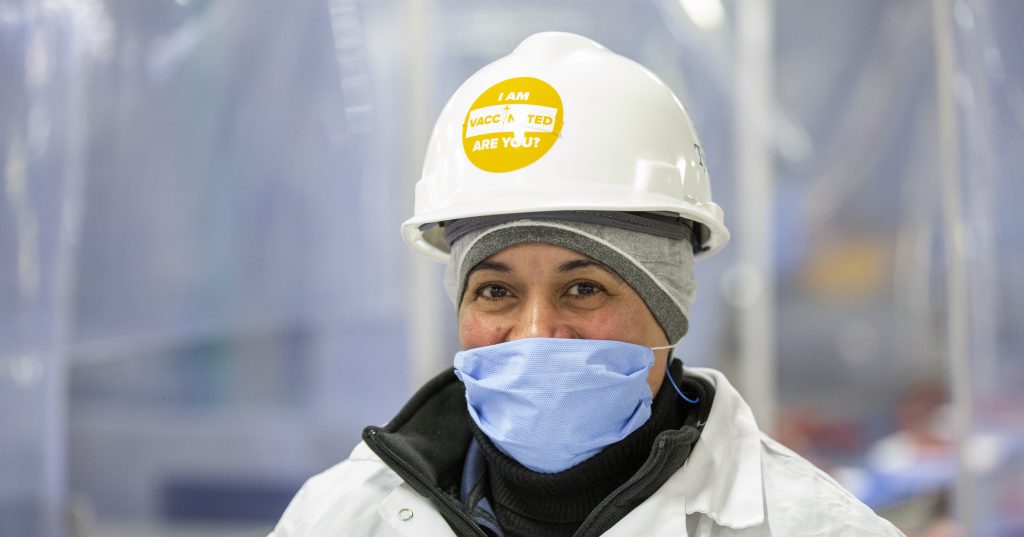



Tyson Foods, Microsoft mandate vaccinations, U.S. automakers mask up
Tyson, Microsoft and Detroit automakers are changing their vaccination and masking policies as the Delta variant triggers renewed pandemic restrictions.Microsoft said on Tuesday all employees, vendors and guests will be required to show proof of COVID-19 vaccination to enter its U.S. buildings, while meatpacker Tyson Foods said it was mandating vaccinations for its workforce, according to a report from Reuters.


While not mandating vaccinations, General Motors Co, Ford Motor Co and Stellantis NV and the United Auto Workers (UAW) union will reinstate requirements to wear masks at all U.S. plants, offices and warehouses.
Surging COVID-19 cases and new guidance from the U.S. Centers for Disease Control and Prevention (CDC) that recommends fully vaccinated individuals wear masks have led companies to rethink their policies. U.S. officials said on Monday that COVID-19 cases, along with hospitalizations and deaths from the virus, have increased in the last week, even as vaccination rates have accelerated amid concerns over the highly contagious Delta variant.
Many of corporate America's biggest names have acted following the CDC's guidance, including mask mandates from McDonald's Corp and Apple Inc, and vaccination requirements by Walmart and Walt Disney.
Tyson said it is negotiating with unions about mandating vaccines for unionized workers, who make up about one-third of its hourly workforce. Rival JBS USA also said it is in talks with unions about vaccine mandates and already requires vaccines for new corporate employees,
America's largest meatpacking union, the United Food and Commercial Workers International Union, said it is concerning that Tyson is implementing its mandate before the U.S. Food and Drug Administration has fully approved vaccines.
Labor unions and meat companies pushed states to speed up the vaccine rollout in the food sector to protect workers and avoid supply-chain disruptions from COVID-19 outbreaks, such as closures of slaughterhouses last year.









